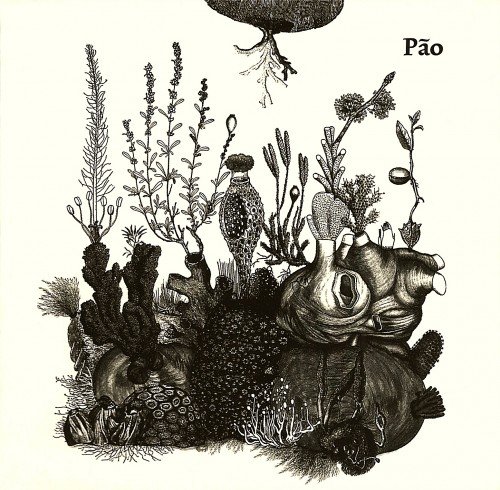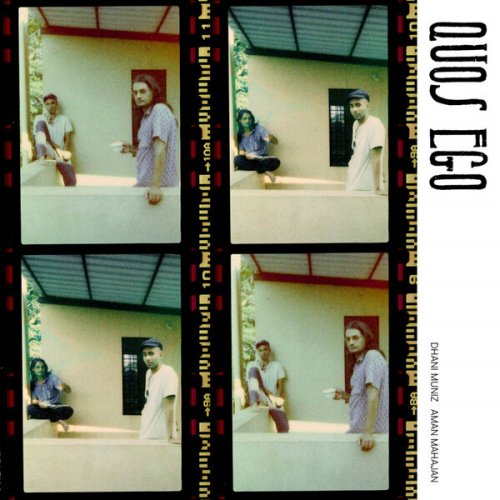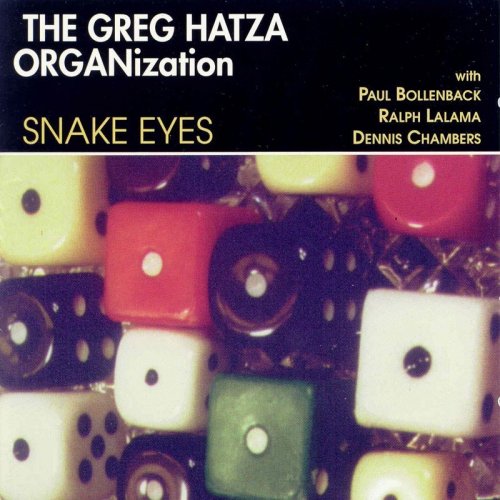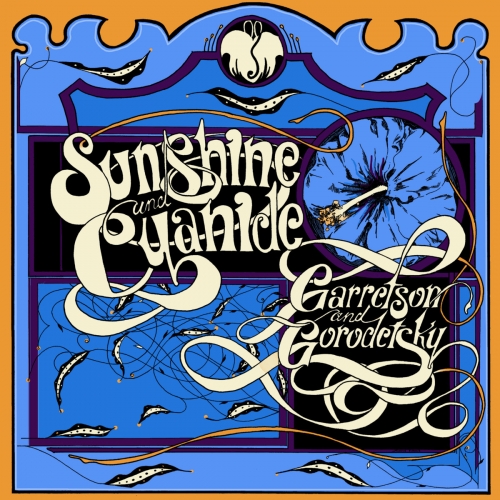Tiago Sousa, Pedro Sousa, Travassos - Pão (2012)

Artist: Tiago Sousa, Pedro Sousa, Travassos
Title: Pão
Year Of Release: 2012
Label: Shhpuma
Genre: Avant-Garde Jazz
Quality: FLAC (tracks+.cue, log)
Total Time: 44:06
Total Size: 214 MB
WebSite: Album Preview
Tracklist:Title: Pão
Year Of Release: 2012
Label: Shhpuma
Genre: Avant-Garde Jazz
Quality: FLAC (tracks+.cue, log)
Total Time: 44:06
Total Size: 214 MB
WebSite: Album Preview
01. Gods wait do delight in you (6:37)
02. Dyson Tree (13:40)
03. It was all downhill after the sling (23:53)
The first released document by the trio PÃO is an invaluable addition to the present day vitality of the creative music scene in the city, illustrating the recent but increasingly focused collaboration between three of Lisbon’s finest music makers of today. Travassos (on electronics, tapes and object manipulation) has been, for the past years, one of the pivotal agitators in the local improvised music scene, both as a performer and as an organizer, while Tiago Sousa (organ, harmonium) has been steadily building a fantastic career as a composer and pianist, pushing forth the boundaries between improvisation and composition, between (non) academic classicism and do-it-yourself expression. Pedro Sousa (tenor sax), in its turn, is hailed as one of the last few years’ revelations, his fiery blowing in the duo with drummer and percussionist Gabriel Ferrandini standing out amongst his many collaborations. The trio’s music is a sound continuum falling somewhere between the intersection of La Monte Young’s brand of eternal music and the tense interplay and occasional outbursts present in many of European free-improvisation’s landmarks, all the while permeated by a sense of expansion and peaking, and by the constant addition and subtraction of elements over an always present layer of silent crudity. There is a strong melodic feel, though, courtesy of the foundational presence of the harmonium and the restraint displayed almost throughout by Pedro Sousa’s tenor, coupled with the textured, organic layers coming out from Travasso’s electronics. Melody, though somber and occasionally harsh, is indeed a key concept in these three long tracks that point out interesting new directions for drone music, near-silence improvisation and free-form jazz-infused explorations. Pão’s language, though subject, due to its openness, to future change and development, is already serenely but powerfully established.



![Eero Koivistoinen - For Children (1970) [2006] Eero Koivistoinen - For Children (1970) [2006]](https://www.dibpic.com/uploads/posts/2026-02/1771615516_ff.jpg)




